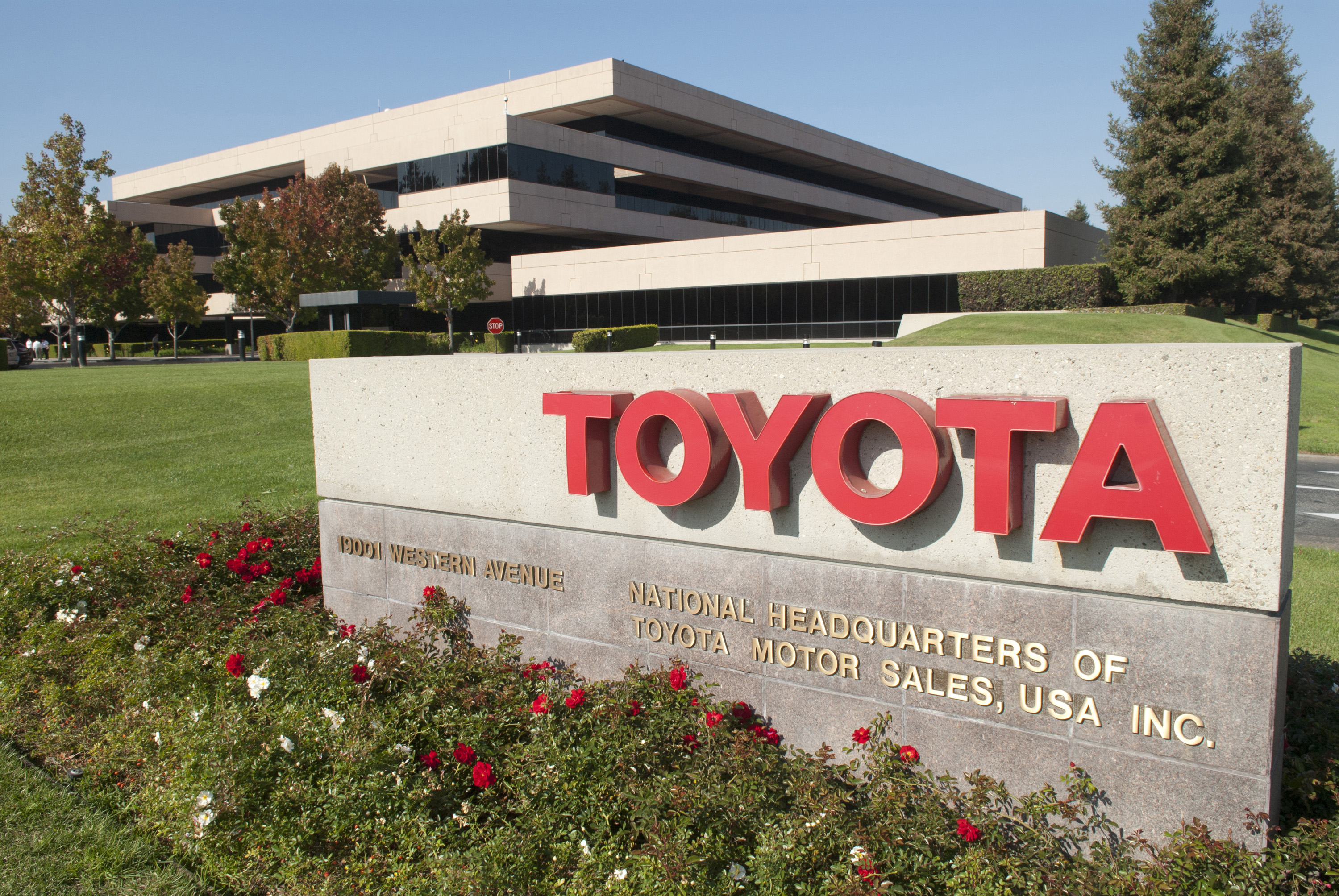Cars and Drivers
Toyota Posts Spectacular Results Following Ford and GM Earnings
Published:
General Motors Co. (NYSE: GM) and Ford Motor Co. (NYSE: F) each posted earnings above Wall Street expectations last week. The numbers were another sign the car industry, so badly wounded by the recession and Japanese earthquake, has nearly returned to the health of 2005 and 2006. As a matter of fact, this health may be even better than at any time in the past because of cost cuts and better efficiency.
Toyota Motor Corp. (NYSE: TM), the largest Japanese manufacturer, just released results for the quarter that ended on June 30, and they were even better than those of the two U.S. manufacturers. Toyota accomplished this not long after a series of large recalls and a halt to much of its factory activity because of the disaster in Japan. Toyota had enough problems that the improvement is hard to explain.
Toyota Motor Corporation today announces financial results for the first quarter ended June 30, 2013. On a consolidated basis, net revenues for the first quarter totaled 6.2553 trillion yen, an increase of 13.7 percent compared to the same period last fiscal year.
Operating income increased from 353.1 billion yen to 663.3 billion yen, while income before income taxes was 724.1 billion yen. Net income increased from 290.3 billion yen to 562.1 billion yen. Operating income increased by 310.2 billion yen. Major factors contributing to the increase include currency fluctuations of 260.0 billion yen, cost reduction efforts of 70.0 billion yen, and marketing activities of 30.0 billion yen.
So, operating income was up 92%.
Toyota complained about Europe, as has every other auto manufacturer, particularly those based there. If there is any single muzzle on the celebrations of the car companies, it is Europe. The trouble showed in the GM and Ford results, and it has nearly sunk PSA Peugeot Citroën. Europe’s second largest car company has hung on via a series of job cuts. However, powerful unions and concerned national governments have slowed that progress.
Toyota’s problems hit a peak in early 2010 when it recalled 8.1 million cars. Such a large setback would have killed the fortunes of many car companies for years. Then the magnitude 9.0 Tohoku quake in 2011 cut Toyota’s production just as it had begun to crawl out of the recall hole.
Why was Toyota resilient enough to reclaim most of the U.S. market share it lost, among other things? Many analysts believe the recovery was based on Toyota’s decades long history of quality, which had built it into a mighty brand. Other than the overall surge in car sales in most regions, there is no ready alternative explanation. Toyota has not just posted improved results because of an auto industry turnaround. It also has returned to its status as probably the most powerful car company in the world. The power of its brand must be the reason, because it is hard to make any other case.
The last few years made people forget how much banks and CD’s can pay. Meanwhile, interest rates have spiked and many can afford to pay you much more, but most are keeping yields low and hoping you won’t notice.
But there is good news. To win qualified customers, some accounts are paying almost 10x the national average! That’s an incredible way to keep your money safe and earn more at the same time. Our top pick for high yield savings accounts includes other benefits as well. You can earn up to 3.80% with a Checking & Savings Account today Sign up and get up to $300 with direct deposit. No account fees. FDIC Insured.
Click here to see how much more you could be earning on your savings today. It takes just a few minutes to open an account to make your money work for you.
Thank you for reading! Have some feedback for us?
Contact the 24/7 Wall St. editorial team.